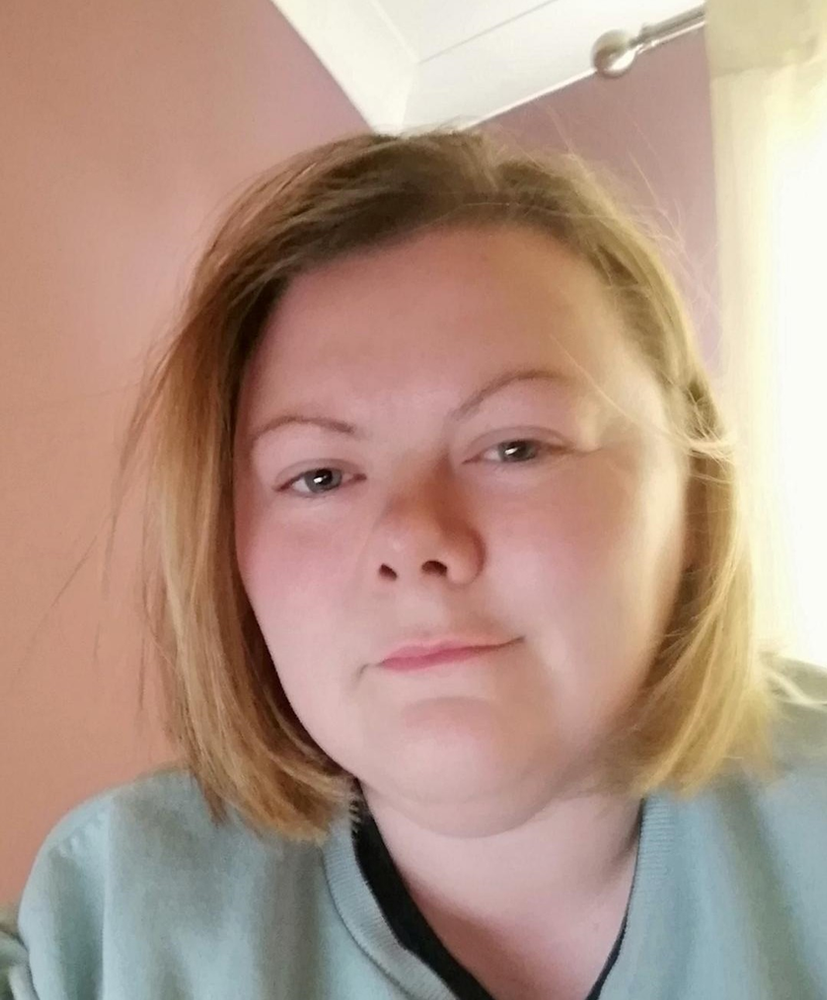
It’s anti-bullying week: a time to reflect on experiences that have become the most important in my personal and professional life. Bullying is the single most hated word in my vocabulary. Odd really, considering the dreaded ‘c’ word appeared in it at 14 when I was diagnosed with Hodgkin’s Lymphoma. Bullying is pivotal to me for two reasons. Firstly, it was during a cancer support group discussion on bullying that it was suggested I dedicate my professional life to directly supporting ‘people like us’. Fast forward six years and I’m a proud student therapeutic radiographer at Sheffield Hallam University. The second is much more difficult for me to openly talk about. Like others I’ve spoken to recently, I was bullied at school.
Managing my illness and school was difficult. On my first day back at school after my diagnosis, a close friend of mine accused me of attention seeking and looking awful with my new short haircut, done in preparation for the inevitable chemo hair loss. Additionally, she made fun of the ribbon around my neck and called it juvenile. This ribbon held the pouch that contained my Hickman line. What I saw as my lifeline, she saw as pathetic. I remember trying to hide that damn ribbon for the rest of my treatment.
As my side effects became more apparent, the bullying escalated. My self-esteem was shot: treatment will do that to you anyway, but when your schoolmates start eroding it further, it’s devastating. I hated that I didn’t know how to act around the people closest to me anymore and felt like the me I knew was gone. At lunch I’d sit on my own in the cloakroom and cry, desperate to go home. School wasn’t the sanctuary I had hoped and quickly became a place I dreaded.
I excused the behaviour of my peers as they were still developing their emotional intelligence. The same cannot be said for my teachers. Falling asleep in class (mid chemo cycle) and being called a ‘disruption’ as I struggled to concentrate were reasons I was given detention. One day, a particular teacher who had been picking on me found it hilarious that I couldn’t read aloud. My brain understood the words, but my mouth couldn’t articulate them. I panicked as I thought this meant my cancer might be in my brain. Everyone laughed. I cried in the toilets for a while after and even overheard some classmates discussing how much of a hypochondriac I was. If only someone had explained how scary having cancer actually is.
However, worse than ridiculing me in class, this same teacher sent me to a cold, dark cupboard (totally inappropriate for an immunosuppressed student) to have the community nurse flush my Hickman line. She banned me from the sick bay as my ‘scars and cancer things’ scared the other students. That was the first time I felt ashamed; I even apologised to the staff and students in the sick bay. Apologising made things easier; an annoying habit I still have today. Other incidents include a teacher telling me I must have done something really bad to be ‘given’ cancer and telling me to take my hat off as I’d been given enough sympathy, and two teachers speaking over me about whether I should manage a stall at the summer fair (my premature death would mean I might not be there). It’s appalling, but that one does raise a wry smile.
My toughest day was when I was assaulted by three 9–10 year olds. It was embarrassing and humiliating that children much smaller than me could trip me up, kick me, punch me, dump my textbooks on me and call me ‘fat, bald and worthless’. It was every doubt I had developed about myself used as a reason to hit me. I had no energy to fight back and remember laying on the floor crying, praying to either get better or just let the cancer do its thing. I was done. Side effects had rendered my body useless and I wasn’t even sure I could still call my friends ‘friends’. All this and I’d only just turned 15. That day I lied to my parents about the bruises, the bleeding, my uniform being ripped and why one of the caps to my Hickman line needed replacing.
Emotionally I shut down. The whole bullying experience had a bigger impact on my life than the treatment for cancer or the side effects. I assumed these incidents happened to all children with cancer. Hindsight is a wonderful thing.
I’m 37 now and admit it still affects me deeply. I have nightmares about being assaulted and constant anxiety. The wider impact of a cancer diagnosis cannot be overstated, particularly in patients diagnosed at a younger age. Not everyone is bullied and for that I’m extremely grateful, but in 2020 is that really an achievement? I think there’s a general consensus everything has moved on since 1998. In many respects this is true, but children are children and people fear what they don’t understand. Unless we ensure open discussion in all schools and a means to educate both staff and pupils, I’m afraid someone else could be writing this same article in 2040.
For further information and support:
- Information for parents of children with cancer being bullied (CLIC Sargent)
- Resources for schools where a child has been diagnosed with cancer (CLIC Sargent)
- Support for people being bullied and advice for parents (The Anti-Bullying Alliance)
- A Systematic Review Summarizing the State of Evidence on Bullying in Childhood Cancer Patients/Survivors. Collins et al (2019)